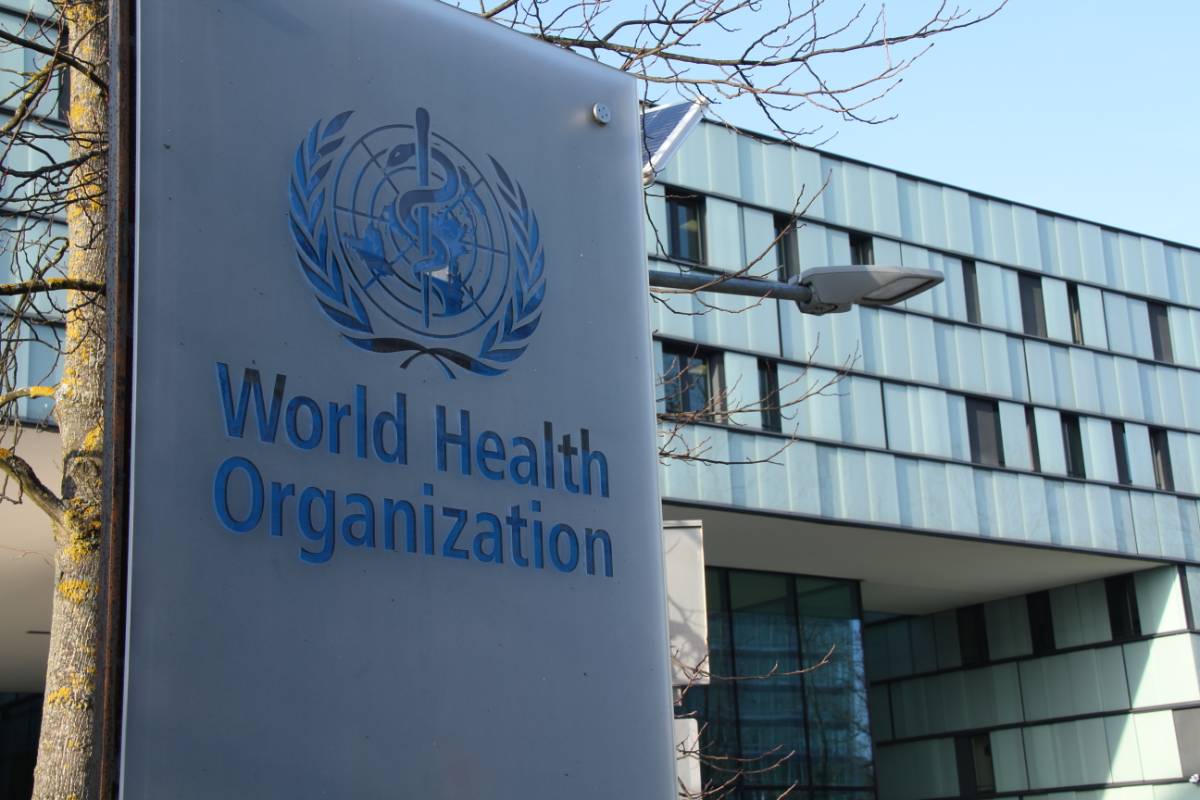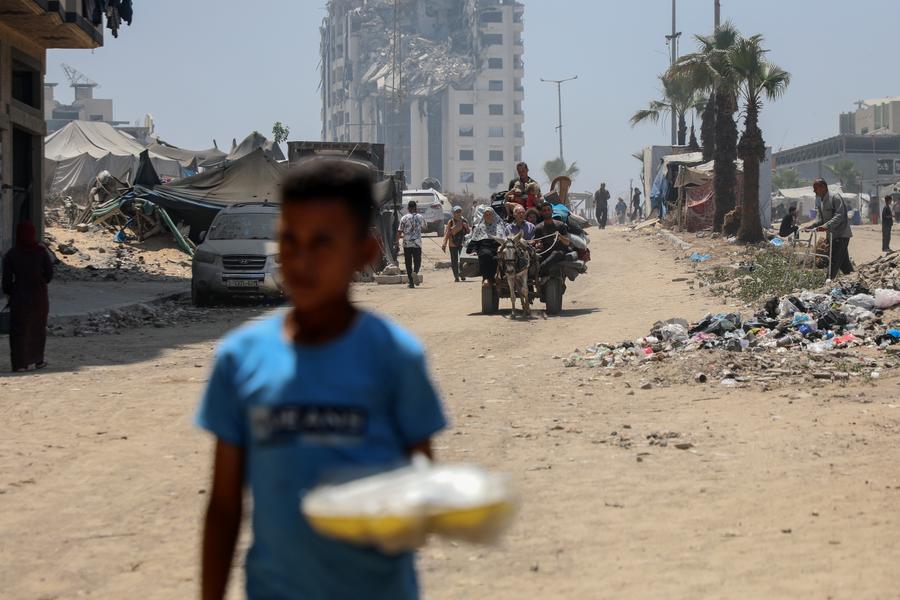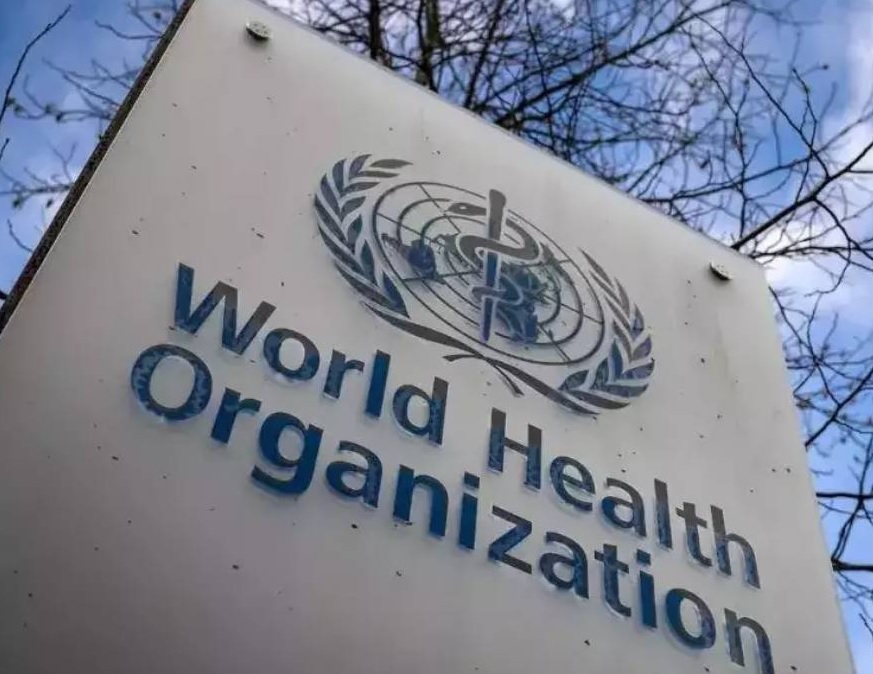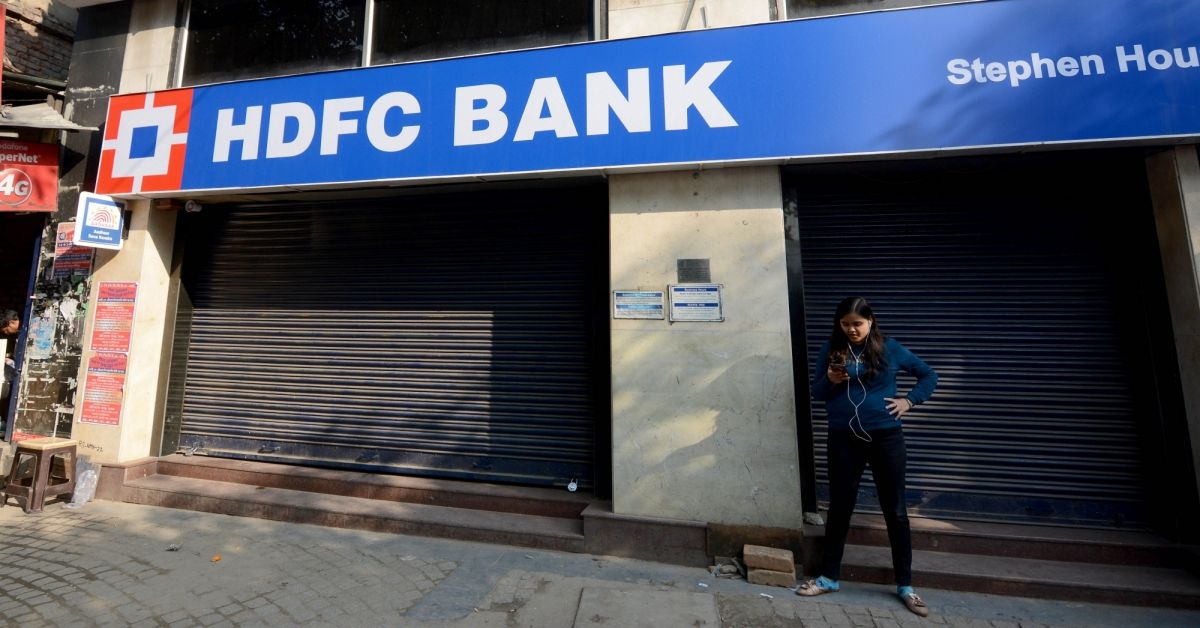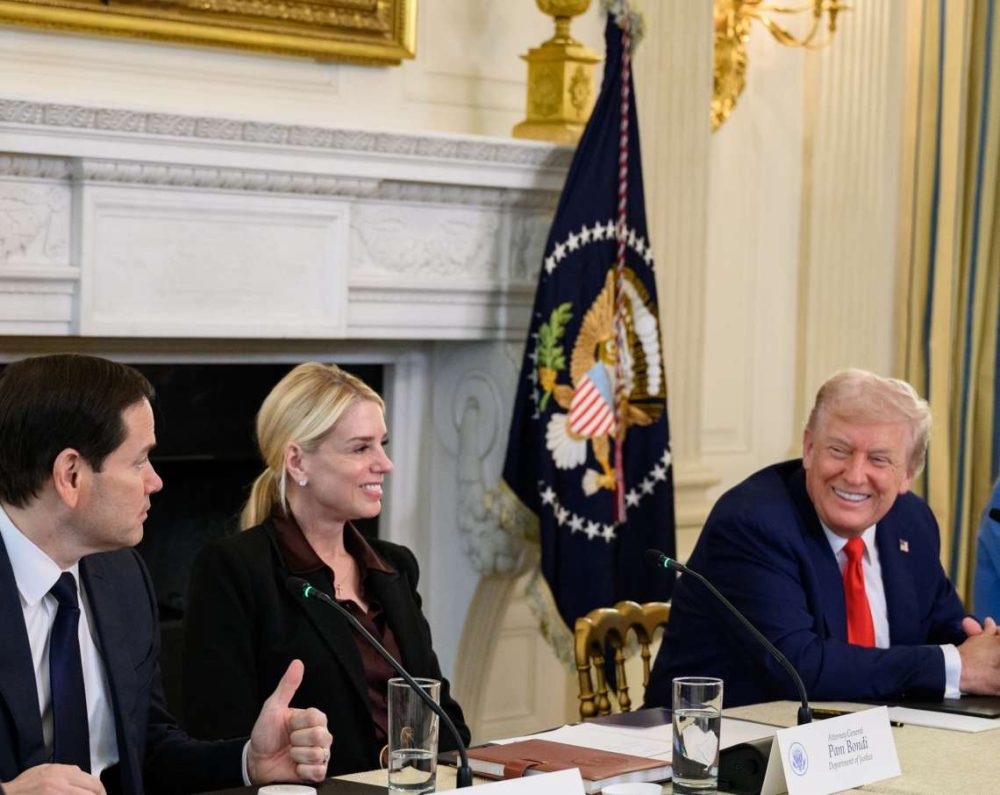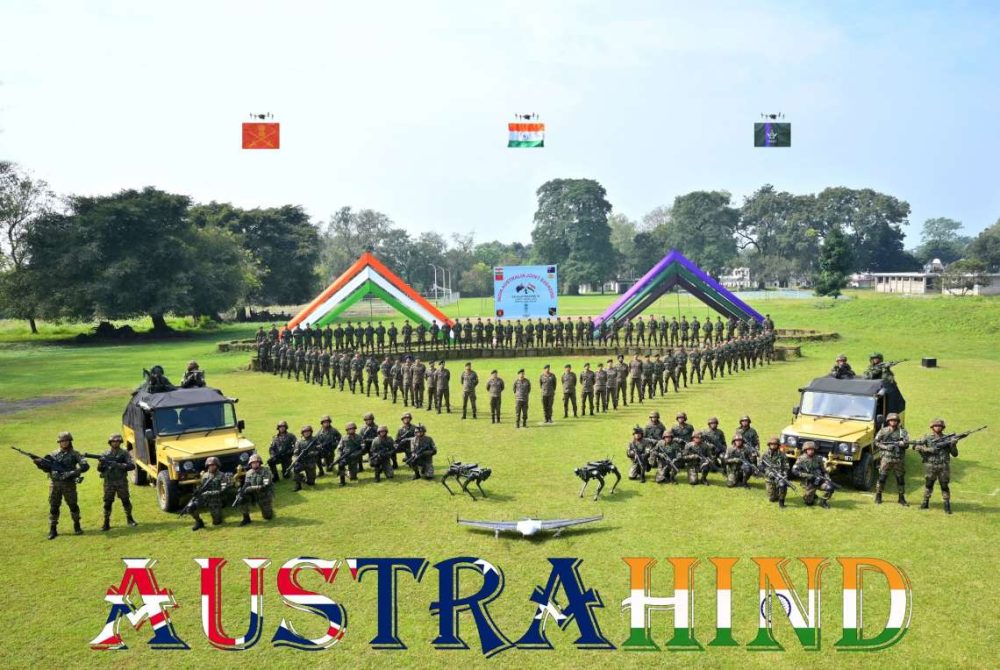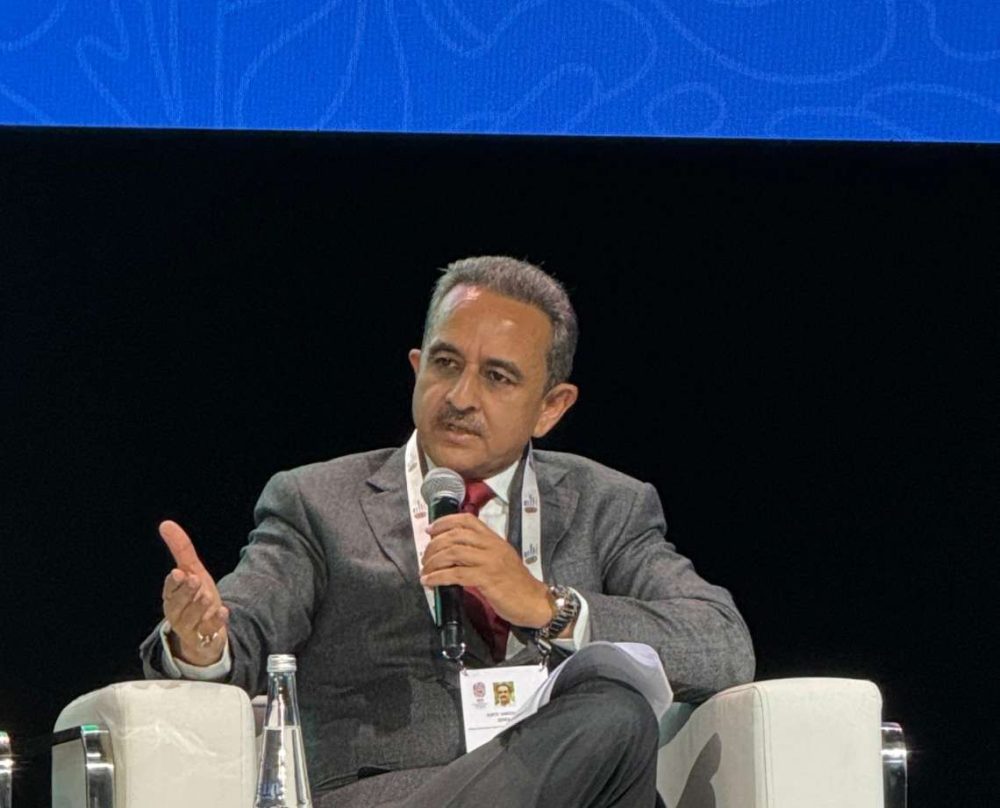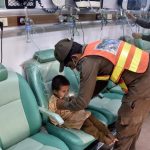The GPMB report called for a renewed global social contract for health emergencies that works collectively, across countries, sectors, and communities…reports Asian Lite News.
Covid-19 “has exposed a broken world that is inequitable, unaccountable, and divided”, resulting in its failure to put an end to the pandemic that has so far killed 4.95 million globally, according to a report by a World Health Organisation (WHO) panel on Tuesday.
The report was launched by the Global Preparedness Monitoring Board (GPMB), an independent body set up by the WHO and the World Bank in 2018 to prepare for pandemics, in Berlin.
It stated that from the time the pandemic began, almost two years ago, the world continues to “struggle” to mitigate its impact.
While in the first year, countries “collectively failed” to take serious preparations and act rapidly, in the second they exhibited “profound inequality” as the world leaders failed to interconnect, making “the world more interdependent than ever”.
The world continues to be “fragmented by growing nationalism, geopolitical tensions, and deep inequalities”, said the report.
“As of October 2021, as many as 17 million people will have died due to Covid-19. More than 1.5 million children around the world have lost a parent or a grandparent… Behind each death, there is a human story, a loss of potential, and an enormous gap left in a community… While this disaster should have brought us together, instead we are divided, fragmented, and living in worlds apart,” said Elhadj As Sy, Co-Chair at GPMB, in the report.
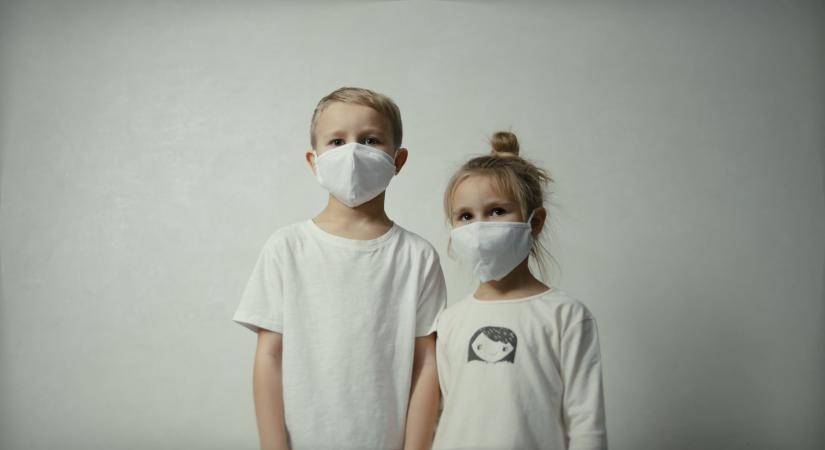
Although the speed of vaccine development is a matter of pride, but “we must feel deep shame over multiple tragedies — vaccine hoarding, the devastating oxygen shortages in low-income countries, the generation of children deprived of education, the shattering of fragile economies and health systems”, he added.
The GPMB report called for a renewed global social contract for health emergencies that works collectively, across countries, sectors, and communities.
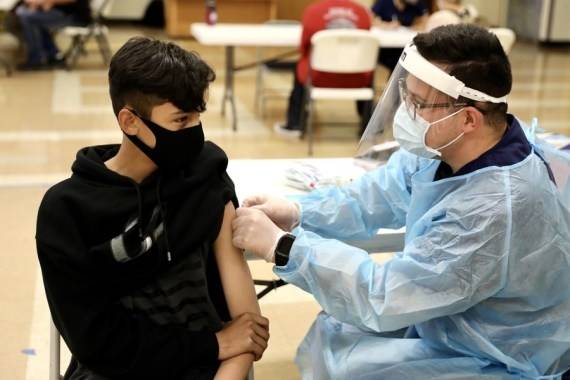
It also framed an action plan to help build a world prepared for future pandemics. The plan includes building a strong WHO with greater resources, authority, and accountability; creating an agile health emergency system that can deliver on equity; and establishing a collective financing mechanism for preparedness.
“We must reject pessimism, recognise our common humanity and growing interdependence, and create a global health ecosystem that serves everyone. Together we must move from worlds apart to a world prepared,” As Sy said.
ALSO READ-Covid testing, vaccination drop in Afghanistan: WHO
READ MORE-No approval for Covaxin yet, WHO seeks clarifications


